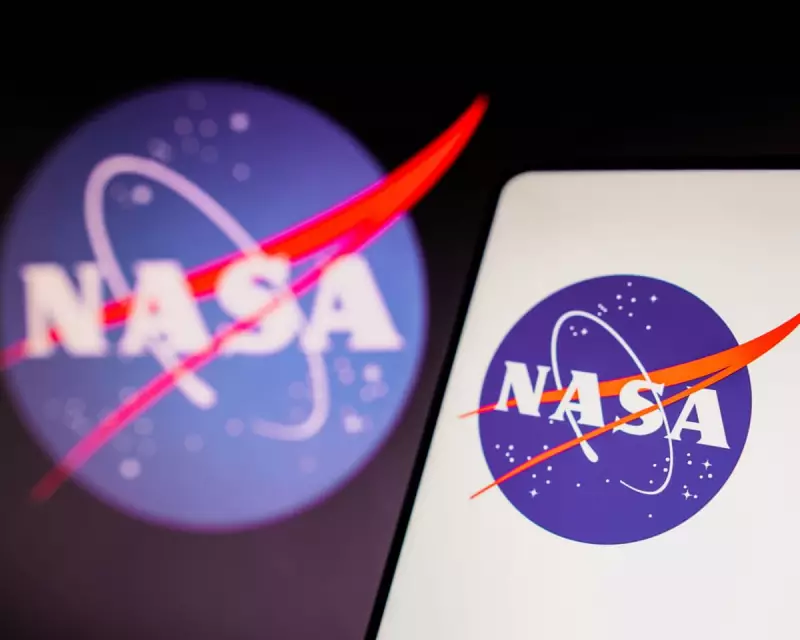
In a significant tightening of its long-standing security protocols, NASA has formally barred Chinese nationals from accessing its facilities and participating in its myriad space programmes. The move reinforces the stringent Wolf Amendment, a US law that has restricted bilateral space cooperation with China since 2011.
The directive, which has been circulated to all NASA centres and affiliated contractors, explicitly prohibits Chinese citizens from entering any agency-owned or leased facility. This sweeping ban extends to all individuals 'acting on behalf' of China, effectively closing the door to students, researchers, and scientists with ties to the nation.
Geopolitical Tensions Extend into the Cosmos
The policy is the latest manifestation of the deep-seated geopolitical rivalry between Washington and Beijing, a competition that is increasingly playing out in the final frontier of space. US officials have repeatedly voiced concerns over industrial and intellectual property espionage, arguing that China's ambitious civil space programme is heavily influenced by, and integrated with, its military wing.
This decision effectively severs any remaining informal scientific channels between the two spacefaring nations, cementing a reality where their celestial ambitions run on entirely separate, and competing, tracks.
Academic and Scientific Collaboration Grinds to a Halt
The ramifications extend far beyond government agencies, sending a chill through the academic and research communities. Universities and private companies partnering with NASA on grants or contracts must now rigorously vet their employees to ensure compliance.
This creates a formidable barrier for talented Chinese researchers and academics who have historically contributed to a global scientific ecosystem. The policy underscores a prioritisation of national security over scientific openness, a trade-off that continues to provoke debate within the international science community.
While the UK is not a direct party to this US policy, the decision has significant implications for international space collaboration and sets a stark precedent for how Western nations may engage with China in other high-tech, strategic fields.





